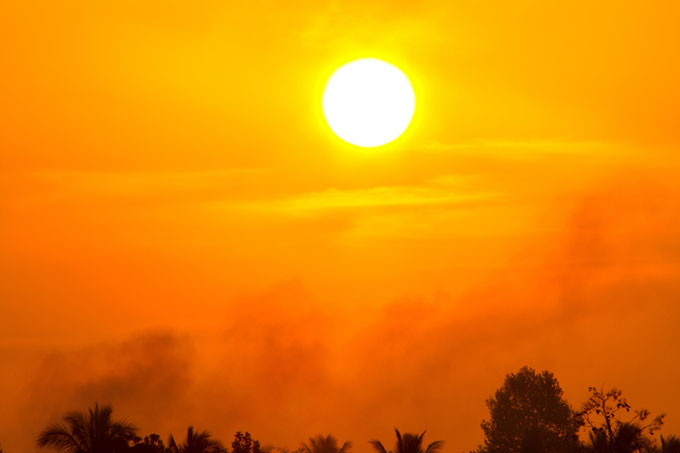ONE THING scientists are sure will happen as the world warms is that the seas will rise, putting millions of people at risk of land erosion, flooding and permanent displacement. But ask experts exactly how far oceans will advance, and their answer gets far more qualified. A study published May 20 in the Proceedings of the National Academy of Sciences found that previous estimates of how bad sea-level rise could get were too conservative — and that coastal communities must contemplate more severe, long-term impacts from humans’ addiction to fossil fuels.

The village of Ilulissat is seen near icebergs that broke off from the Jakobshavn glacier on July 24, 2013, in Ilulissat, Greenland. (Joe Raedle/Getty Images)
Continue reading at: Opinion | Sea-level rise could be even worse than we’ve been led to expect





